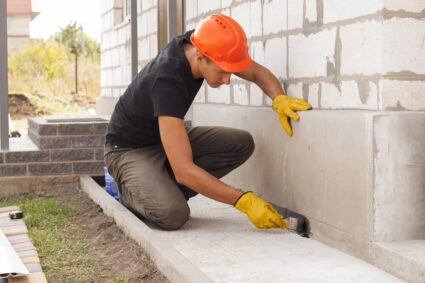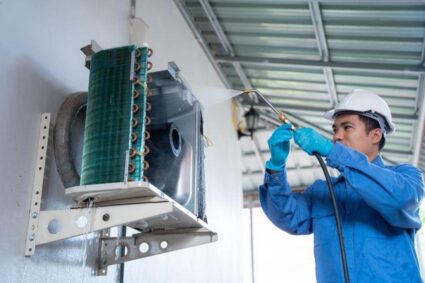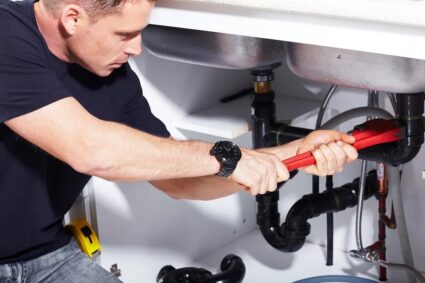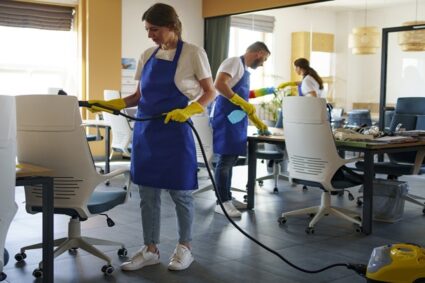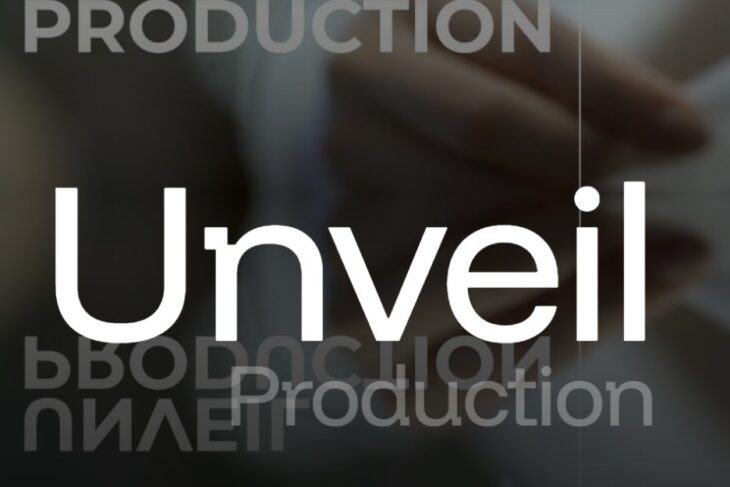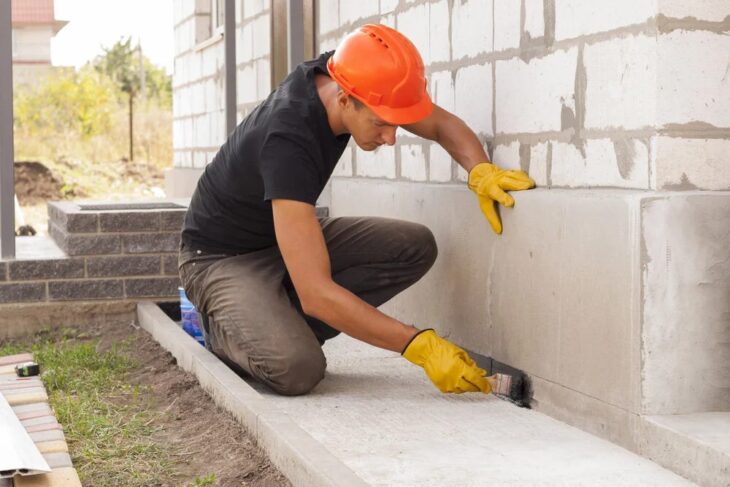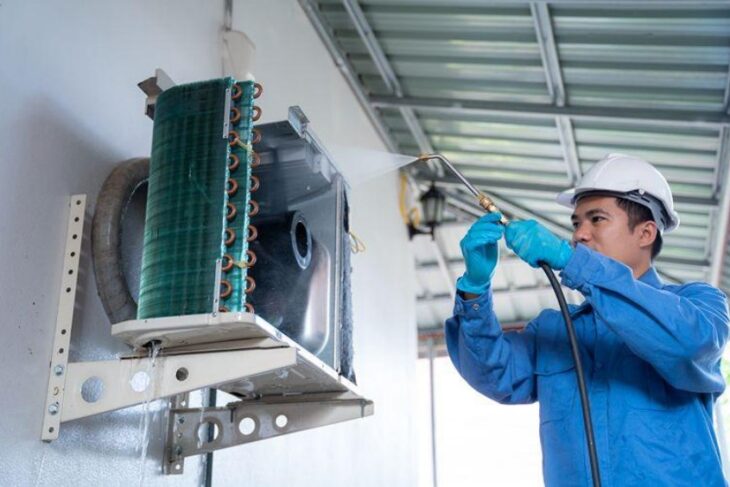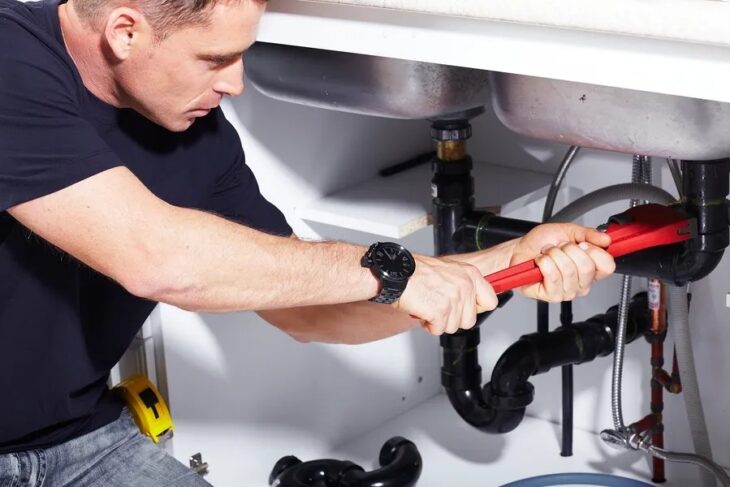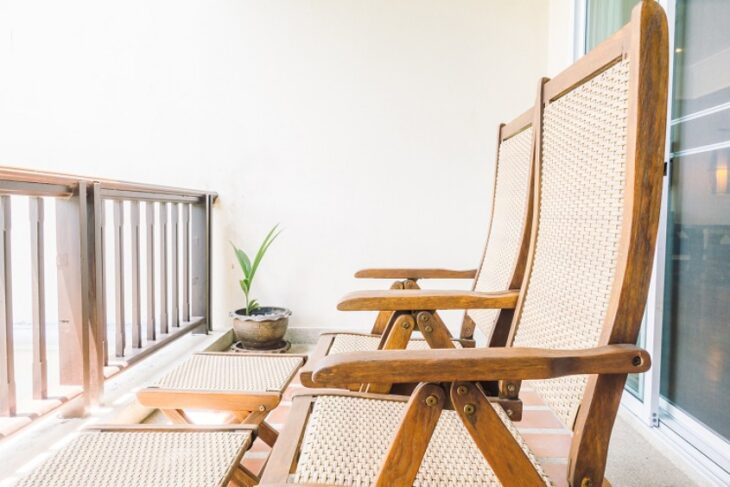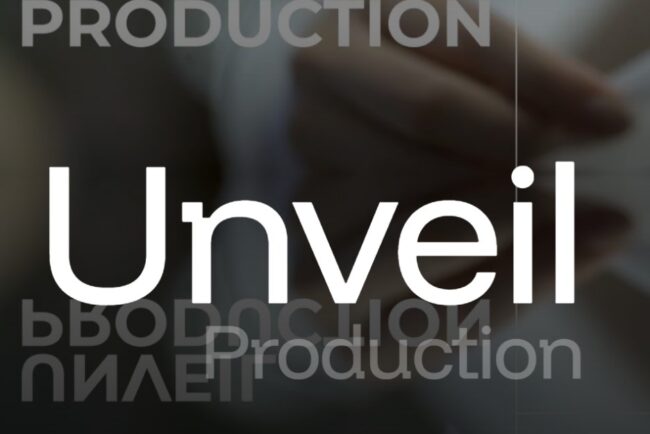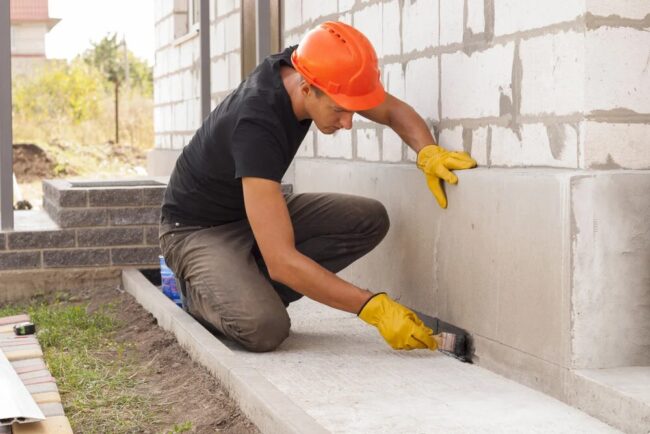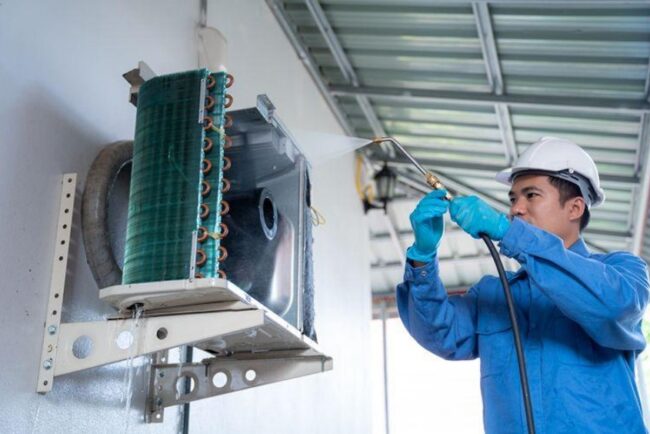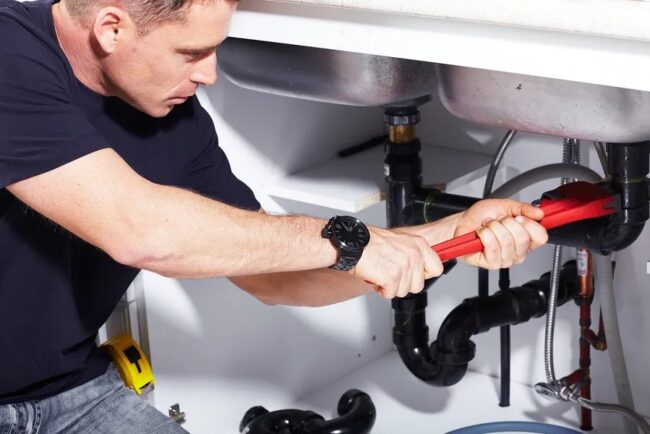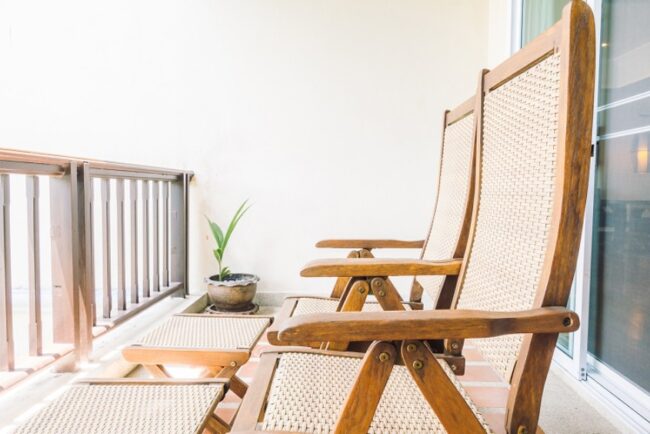
We all want our kids to sleep safely and soundly, isn’t that right? Well, one big thing to consider is the mattress they sleep on. But here’s the catch: Regular beds can have some not-so-great stuff like chemicals. That’s where chemical-free mattresses come in. Let’s dive into this easy guide to help you make the best choice for your child’s sleep.
Why Pick a Chemical-Free Mattress?
Okay, first things first: Why should you even care about a chemical-free mattress for your kid? Well, regular beds often have some not-so-nice chemicals inside.
These chemicals can harm your child’s health because kids are still growing. But chemical-free mattresses are made without all that yucky stuff. They use natural and safe materials to keep your child comfy and healthy. Here are some reasons to go chemical-free:
- No Bad Chemicals: Chemical-free mattresses don’t have harmful chemicals that can make your child sick or cause allergies.
- Good for the Earth: These mattresses are made with materials that are better for the planet.
- Less Allergies: The natural stuff like organic cotton, wool, and latex in these mattresses is less likely to have dust mites or other things that worsen allergies.
- Lasts Longer: Chemical-free mattresses are built to last.
Choosing the Right Materials
When shopping for a chemical-free mattress, know what they’re made of. Here are some simple materials to look for:
- Organic Cotton: This cotton is grown without any toxic chemicals. It’s soft and comfy.
- Natural Latex: Natural latex comes from rubber trees. It’s safe and makes the mattress super comfy.
- Wool: Wool is a natural flame blocker. Plus, it keeps the bed comfy and dry.
- Coconut Coir: Coconut coir comes from coconut husks.
- Innerspring Coils: Some chemical-free mattresses have coils made of recycled steel. It adds extra support.
ALSO READ:NON-TOXIC MATTRESS BUYING GUIDE: FACTORS TO CONSIDER BEFORE PURCHASING
Certifications are Important
To make sure you’re getting a chemical-free mattress, look for these certifications:
- Global Organic Textile Standard (GOTS): It means the mattress’s textiles are made from organic stuff and meet strict environmental rules.
- Global Organic Latex Standard (GOLS): If you see this, it means the latex used is organic and made without toxic chemicals.
- OEKO-TEX Standard 100: While it’s not just for mattresses, it checks that the mattress materials don’t have harmful chemicals.
- CertiPUR-US: This one is for foam mattresses, guaranteeing they don’t have chemicals like formaldehyde or heavy metals.

Picking the Right Size 2and Type
What size and type of mattress should you choose? It depends on your child’s age and needs.
For babies, go for a crib mattress that’s firm and waterproof. It helps prevent accidents and keeps your baby safe. As they grow, switch to a toddler or twin-size bed whichever fits better.
The type of mattress, like latex, foam, or innerspring, depends on what your child likes and any allergies they might have.
Taking Care of Your Chemical-Free Mattress
You’ve got the mattress; now how do you keep it in tip-top shape? Easy!
- Use a Mattress Protector: A waterproof cover keeps the mattress clean and safe from spills.
- Rotate the Mattress: Turn it around now and then to ensure it wears evenly.
- Let It Breathe: Air out the mattress in the sun to keep it fresh.
- Check for Damage: Look for any rips, tears, or damage and fix them.
- Follow the Rules: Always do what the manufacturer says to keep your mattress in good condition.
In Conclusion
Choosing a chemical-free mattress for your child is a smart move for their health and comfort. These mattresses use natural materials and are certified to be safe. You’re giving your child a cosy place to sleep and grow.
Contact ScanKomfort by Scanteak as you take the first step to a lifetime of good sleep habits and a happier, healthier kid!


